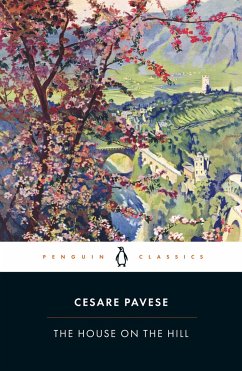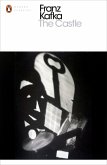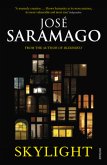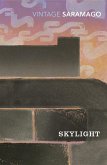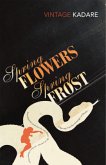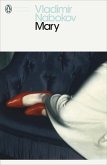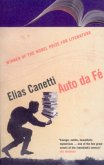'Pavese's novels are works of an extraordinary depth where one never stops finding new levels, new meanings' Italo Calvino
June, 1943. Allied aircraft are bombing Turin; fascist Italy is on its knees. Every evening, after a day's teaching in the city, Corrado returns to the safety of the hills and the care of his two doting landladies. He has no attachments, no obligations. Yet against his better judgement he is drawn to the easy warmth of a circle of anti-fascists who congregate at a nearby tavern, and confronted with a painful choice: emotional and political commitment, with all its dangers - or devastating retreat. Pavese's extraordinary semi-autobiographical novel is a lucid portrayal of missed opportunities and human weakness, set against the seductive intensity of the Italian countryside.
Translated with an introduction by Tim Parks
Shortlisted for The Society of Authors Translation Award 2022
Hinweis: Dieser Artikel kann nur an eine deutsche Lieferadresse ausgeliefert werden.
June, 1943. Allied aircraft are bombing Turin; fascist Italy is on its knees. Every evening, after a day's teaching in the city, Corrado returns to the safety of the hills and the care of his two doting landladies. He has no attachments, no obligations. Yet against his better judgement he is drawn to the easy warmth of a circle of anti-fascists who congregate at a nearby tavern, and confronted with a painful choice: emotional and political commitment, with all its dangers - or devastating retreat. Pavese's extraordinary semi-autobiographical novel is a lucid portrayal of missed opportunities and human weakness, set against the seductive intensity of the Italian countryside.
Translated with an introduction by Tim Parks
Shortlisted for The Society of Authors Translation Award 2022
Hinweis: Dieser Artikel kann nur an eine deutsche Lieferadresse ausgeliefert werden.

